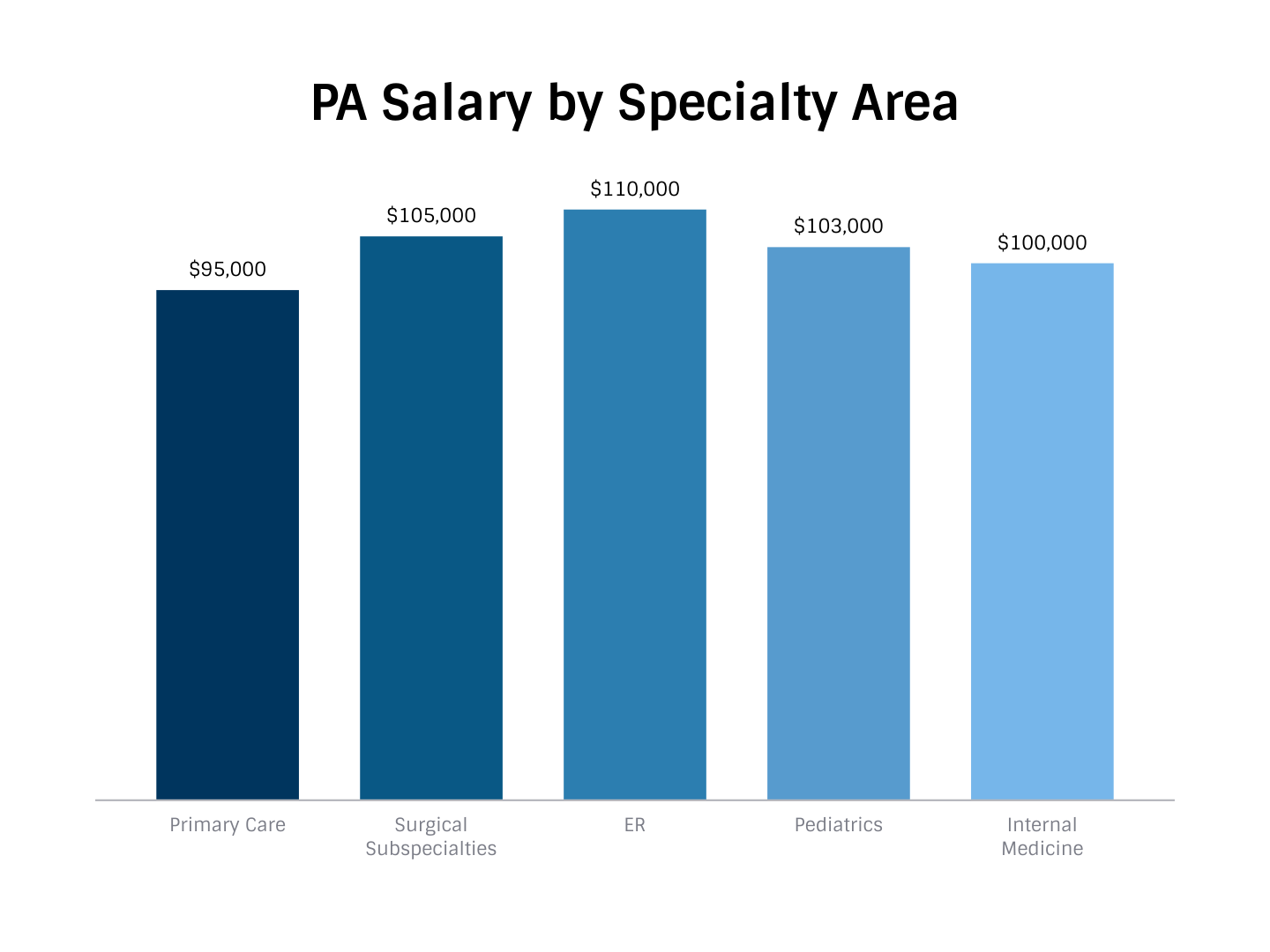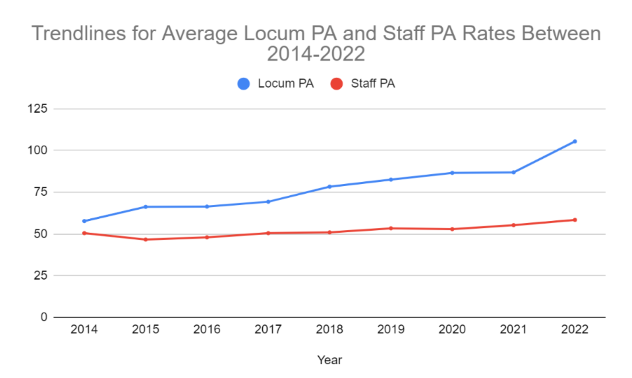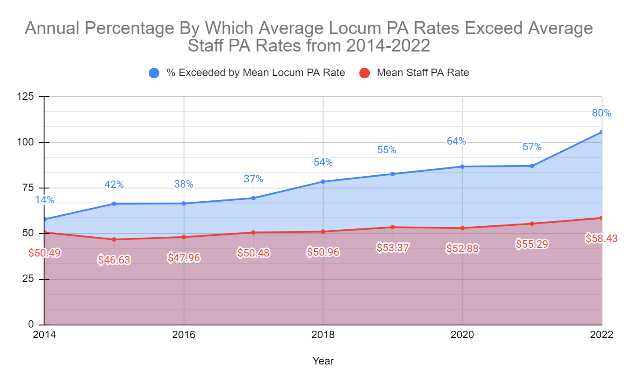In the ever-evolving landscape of healthcare, the role of a Physician Assistant (PA) has become increasingly vital. As a bridge between patients and physicians, PAs provide essential medical services that enhance patient care. One of the most frequently asked questions about this profession is: “What is the physician assistant salary?” This guide delves into the various factors affecting PA salaries, providing a detailed overview to help you navigate this crucial aspect of the profession.
Key Takeaways
- The average physician assistant salary varies significantly based on factors such as location, experience, and specialty.
- Physician assistants in specialized fields tend to earn higher salaries compared to those in general practice.
- Geographical location plays a critical role in determining salary, with urban areas typically offering higher pay.
- Additional benefits and bonuses can significantly enhance overall compensation.
Factors Influencing Physician Assistant Salary
The salary of a physician assistant is influenced by a multitude of factors. Understanding these can provide clarity and help aspiring PAs make informed career decisions.

1. Geographical Location
Location is one of the primary determinants of a physician assistant’s salary. Urban areas, particularly those with a high cost of living, often offer higher salaries to compensate for the increased expenses. For instance, PAs working in metropolitan areas like New York City or San Francisco typically earn more than those in rural settings.
2. Experience Level
Experience plays a crucial role in determining salary. As PAs gain more experience, they often see an increase in their earning potential. Entry-level PAs may start with a modest salary, but with years of practice, their compensation can grow substantially.
3. Specialty

The specialty a physician assistant chooses can significantly impact their salary. PAs in high-demand specialties such as surgery, dermatology, or emergency medicine tend to earn more than those in general practice or primary care. Specialized skills and knowledge often command a premium in the healthcare industry.
4. Education and Certification
While all PAs must complete a master’s program and obtain certification, additional certifications or advanced degrees can lead to higher salaries. Pursuing further education or specialized training can open doors to higher-paying opportunities.
5. Type of Employer
The type of employer can also influence salary. PAs working in hospitals or large healthcare organizations may receive higher salaries and more comprehensive benefits than those in private practices or clinics. Additionally, government positions might offer different compensation packages compared to private sector roles.
Average Physician Assistant Salary
As of the latest data, the average salary for a physician assistant in the United States is approximately $115,000 per year. However, this figure can vary widely based on the factors mentioned earlier. For instance, PAs in specialized fields might earn upwards of $130,000 annually, while those in entry-level positions may start around $90,000.
Benefits and Additional Compensation
In addition to base salary, physician assistants often receive a range of benefits and additional compensation. These can significantly enhance the overall remuneration package and include:

- Health Insurance: Comprehensive health benefits are commonly provided, covering medical, dental, and vision care.
- Retirement Plans: Many employers offer retirement savings plans, such as 401(k) options, with matching contributions.
- Bonuses: Performance-based bonuses are prevalent, rewarding PAs for exceptional work or meeting specific targets.
- Paid Time Off: Generous vacation days, sick leave, and paid holidays are standard in many healthcare settings.
- Continuing Education: Employers often support ongoing education and professional development, covering costs for courses or conferences.

Salary Trends and Future Outlook
The demand for physician assistants is expected to grow significantly in the coming years, driven by an aging population and a focus on cost-effective healthcare solutions. As the demand for healthcare services increases, so too does the potential for higher salaries. Keeping abreast of industry trends and continually enhancing skills can position PAs for lucrative opportunities.

Understanding the various factors that influence physician assistant salary is crucial for anyone considering or currently in this rewarding career. By considering elements such as location, experience, specialty, and employer type, PAs can strategically navigate their career paths to maximize their earning potential. As the healthcare landscape continues to evolve, staying informed and adaptable will be key to success in this dynamic field.